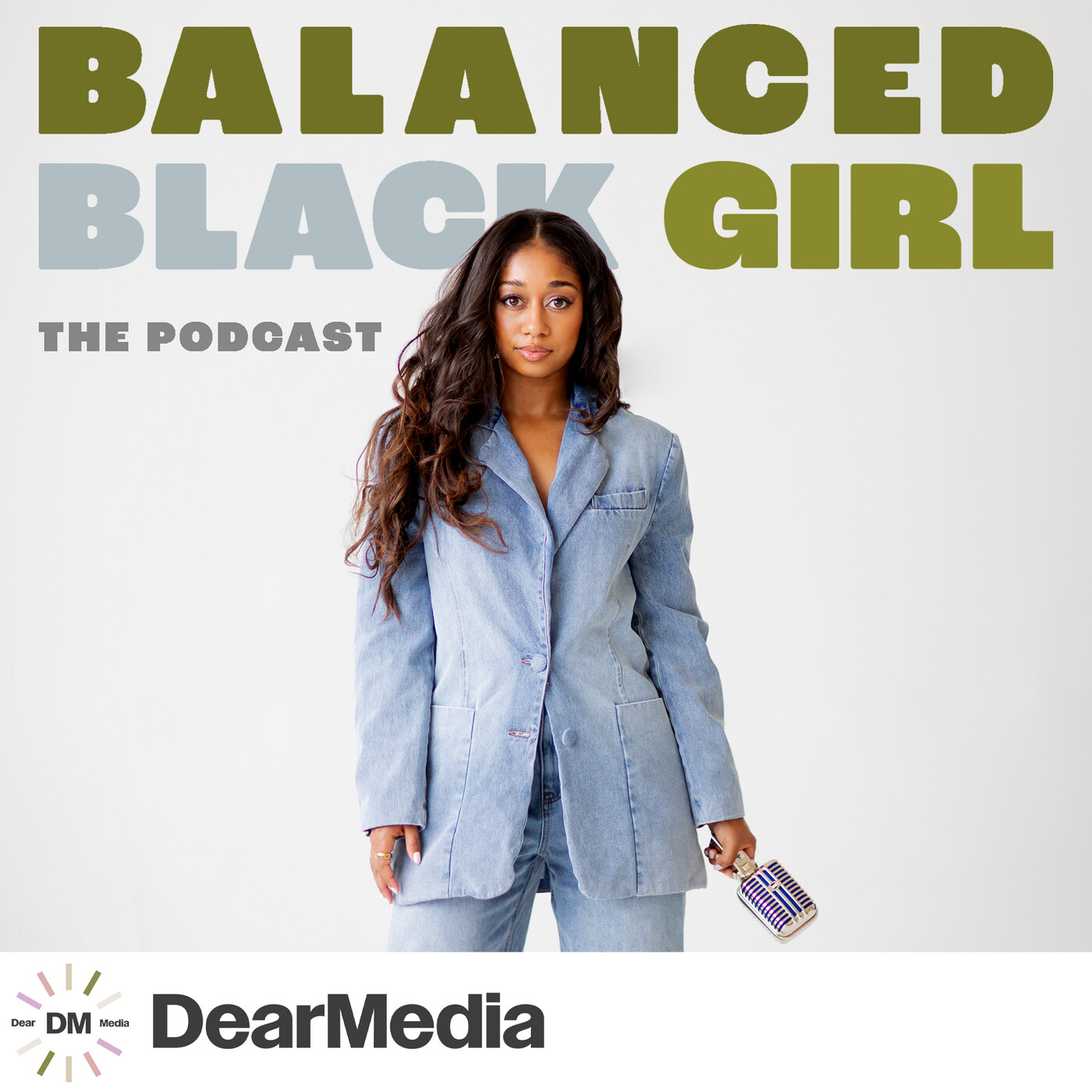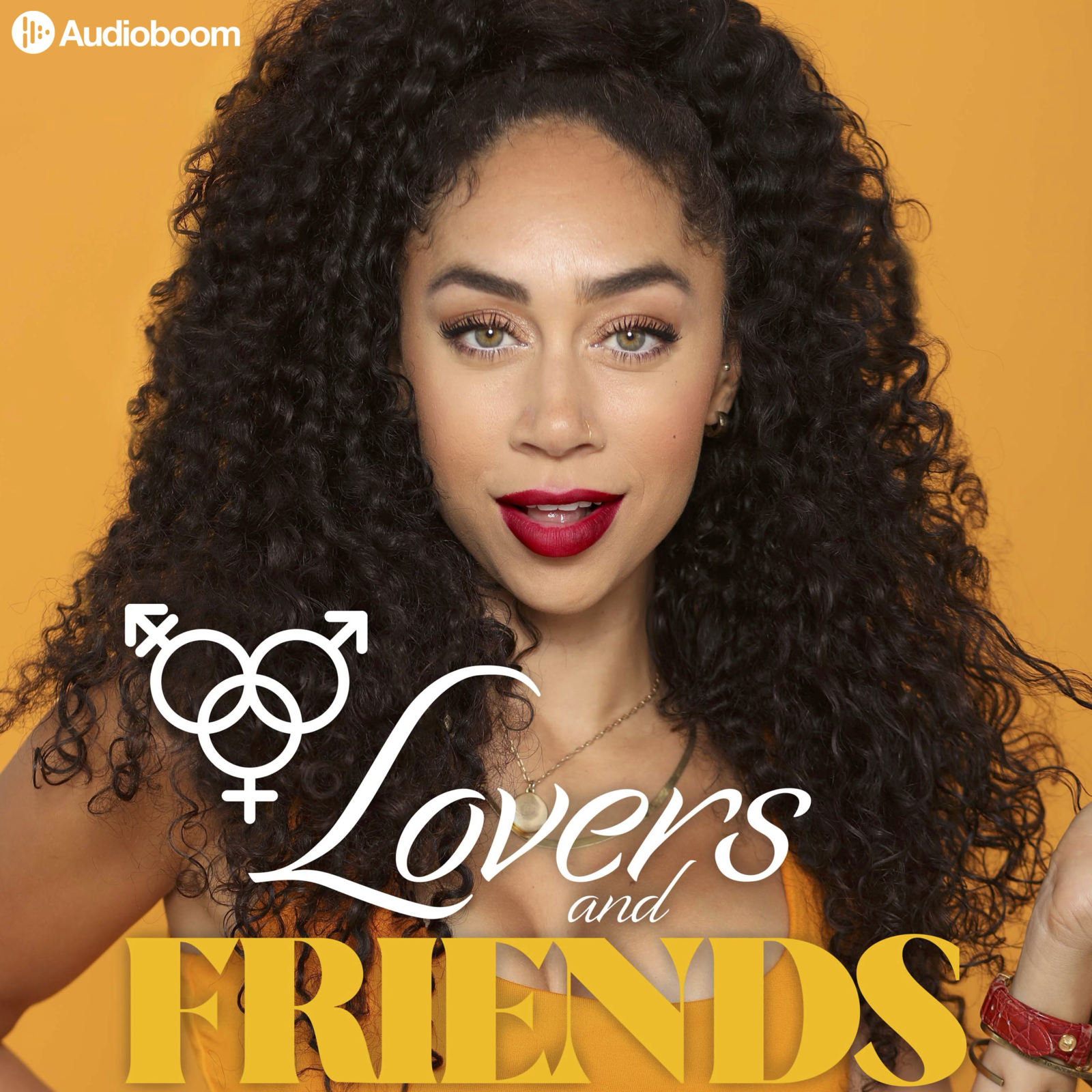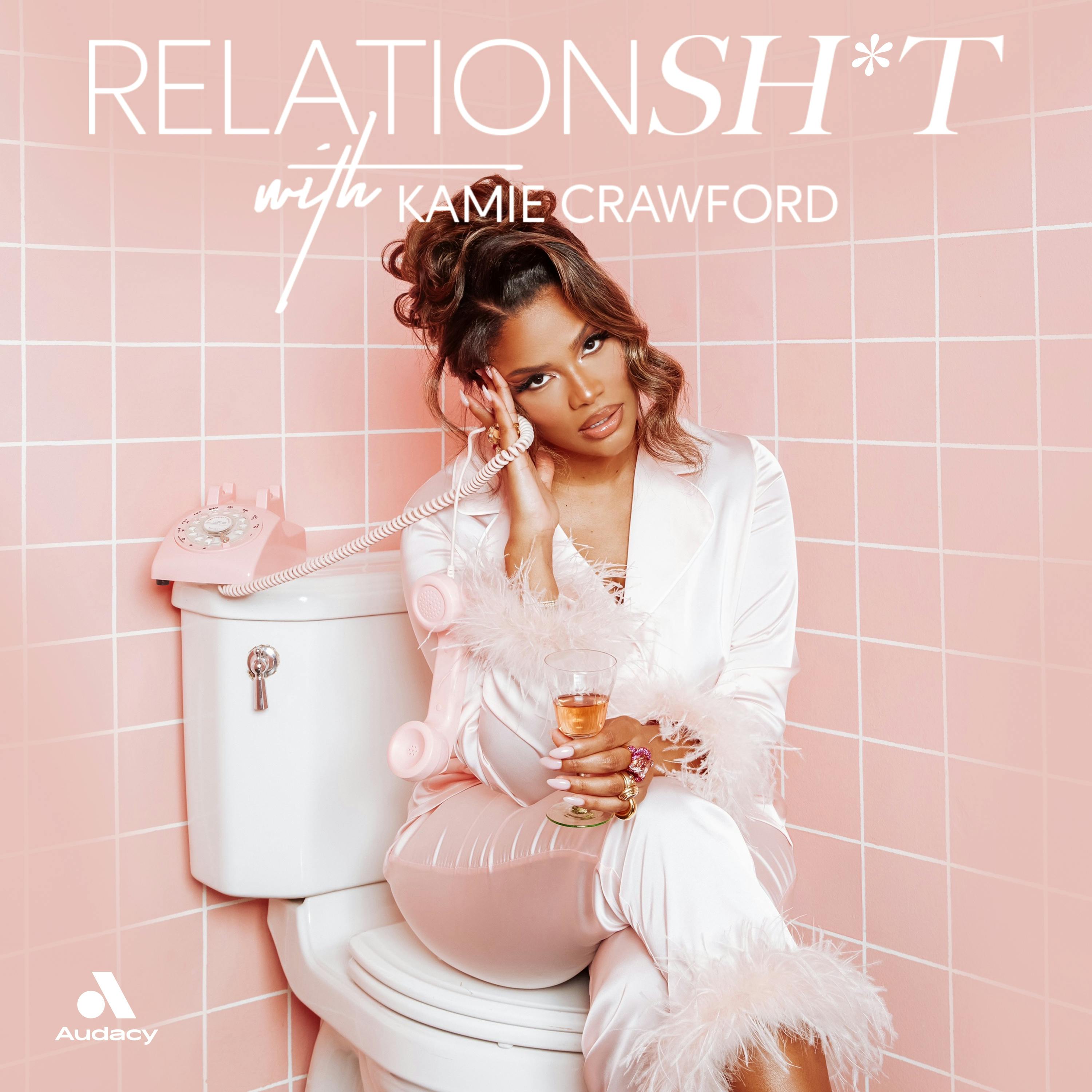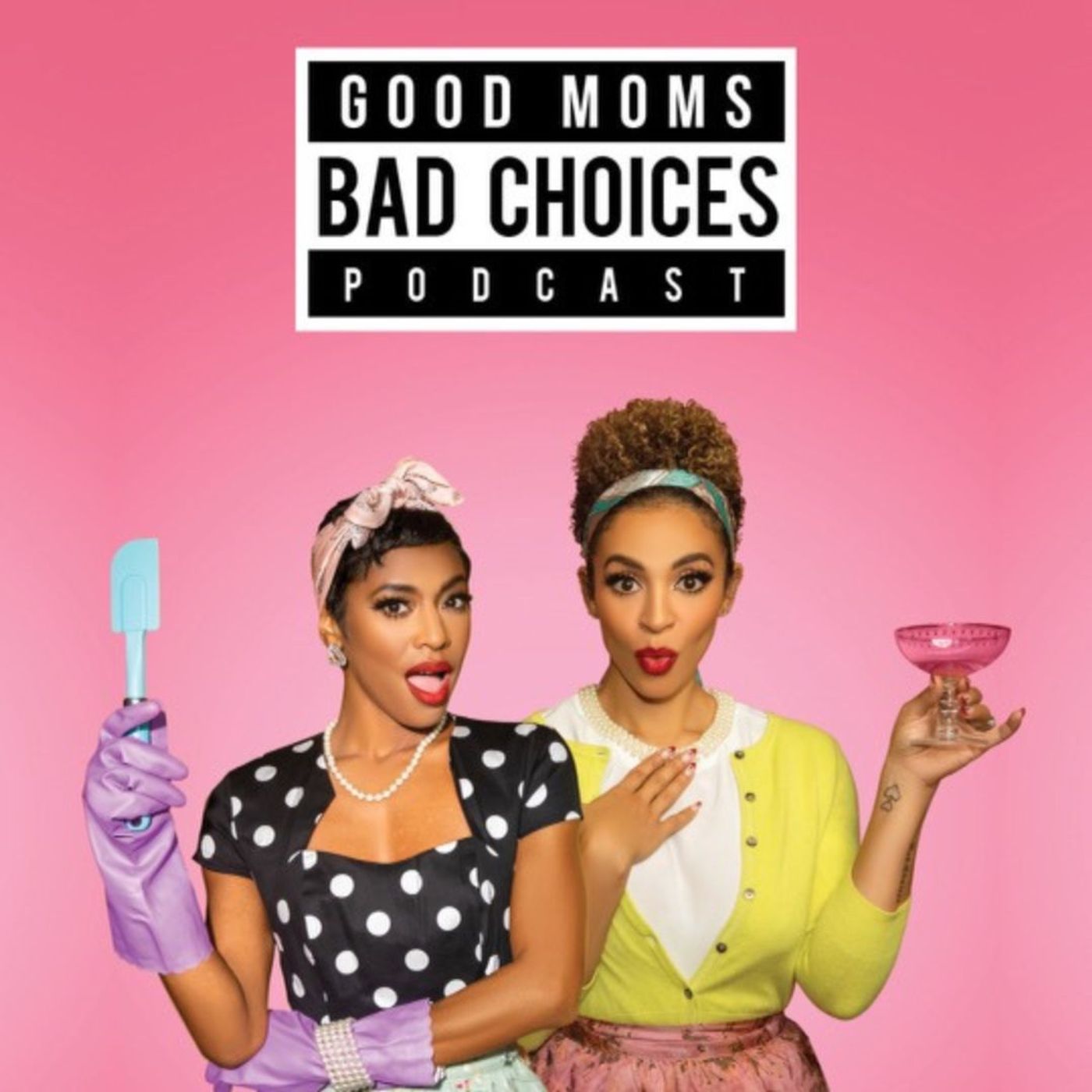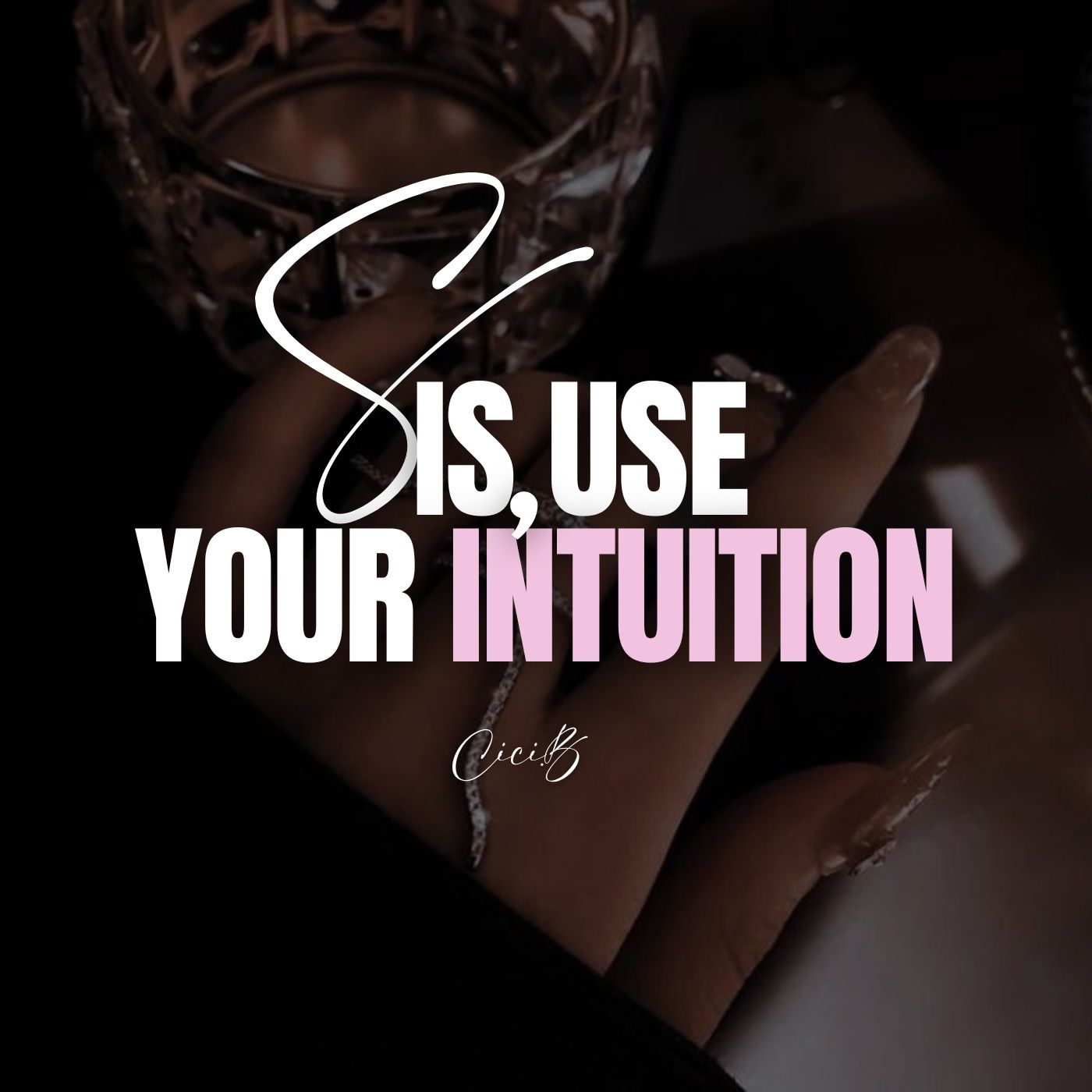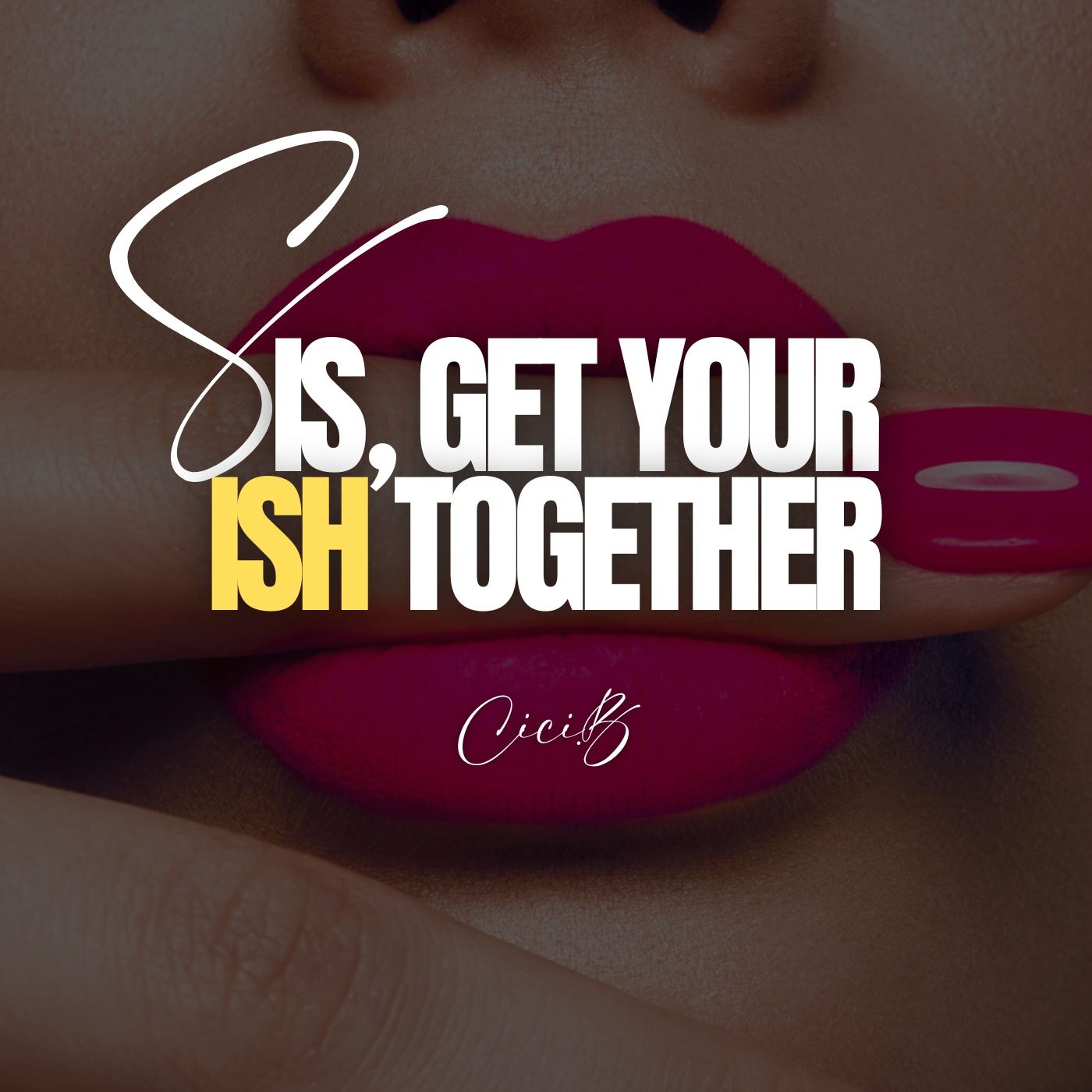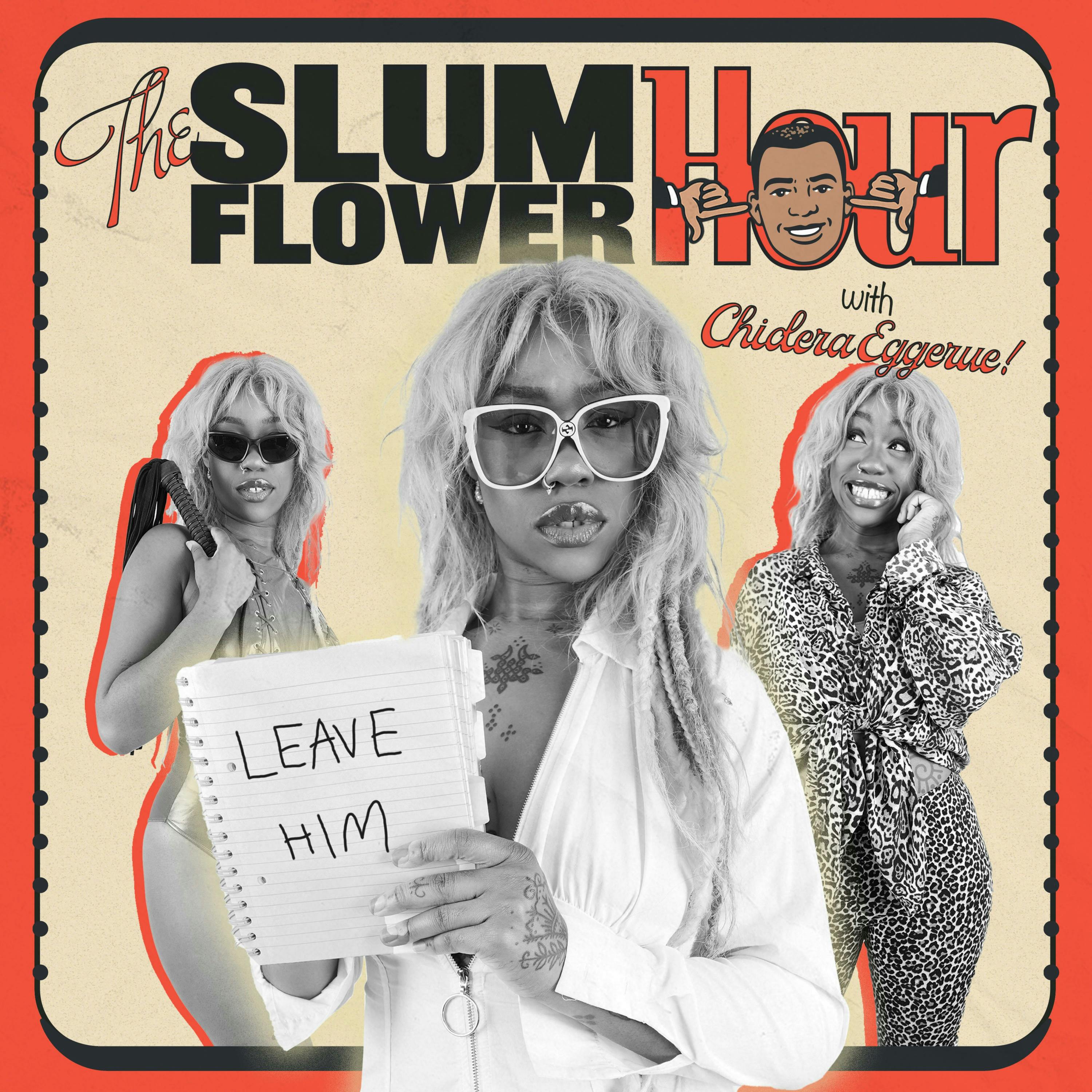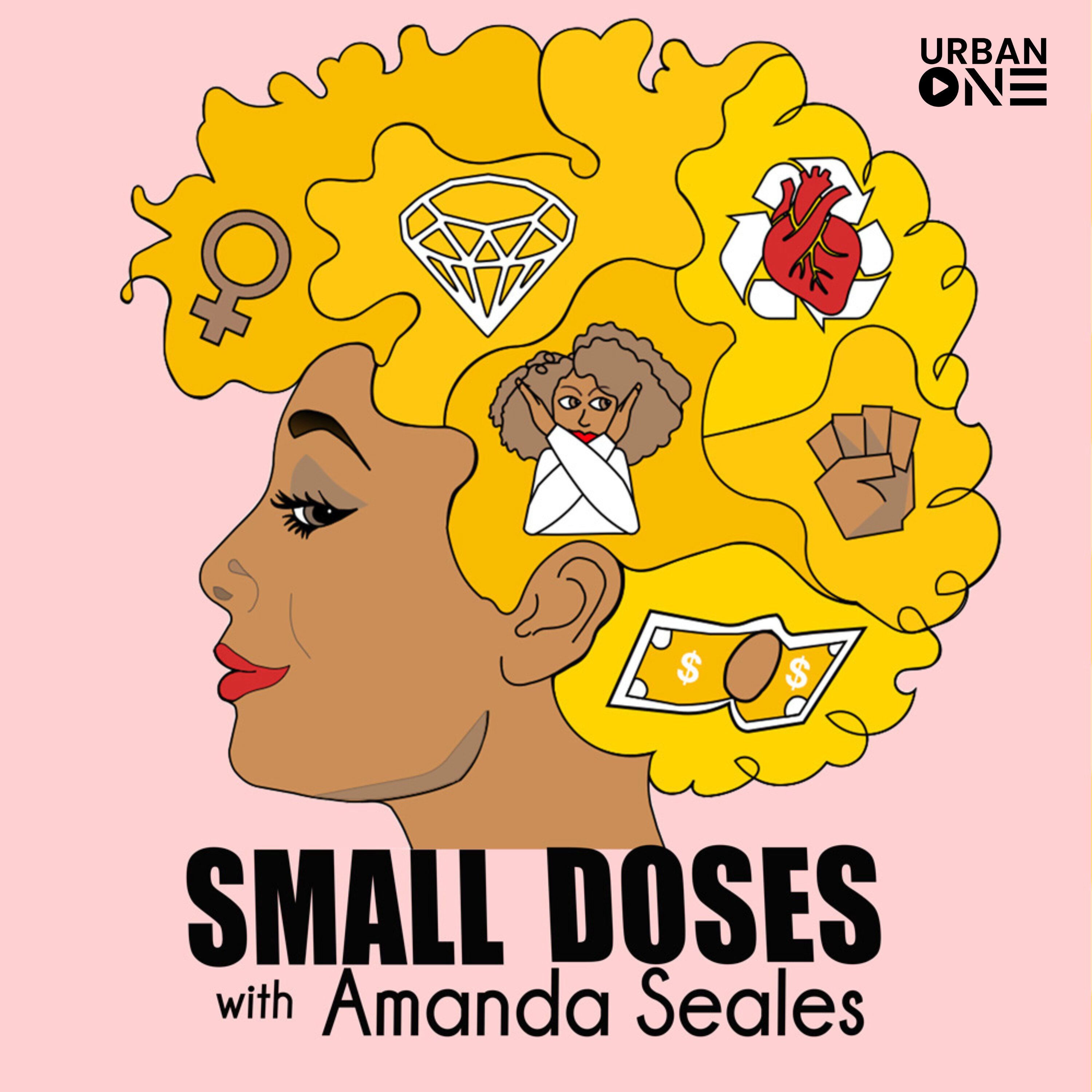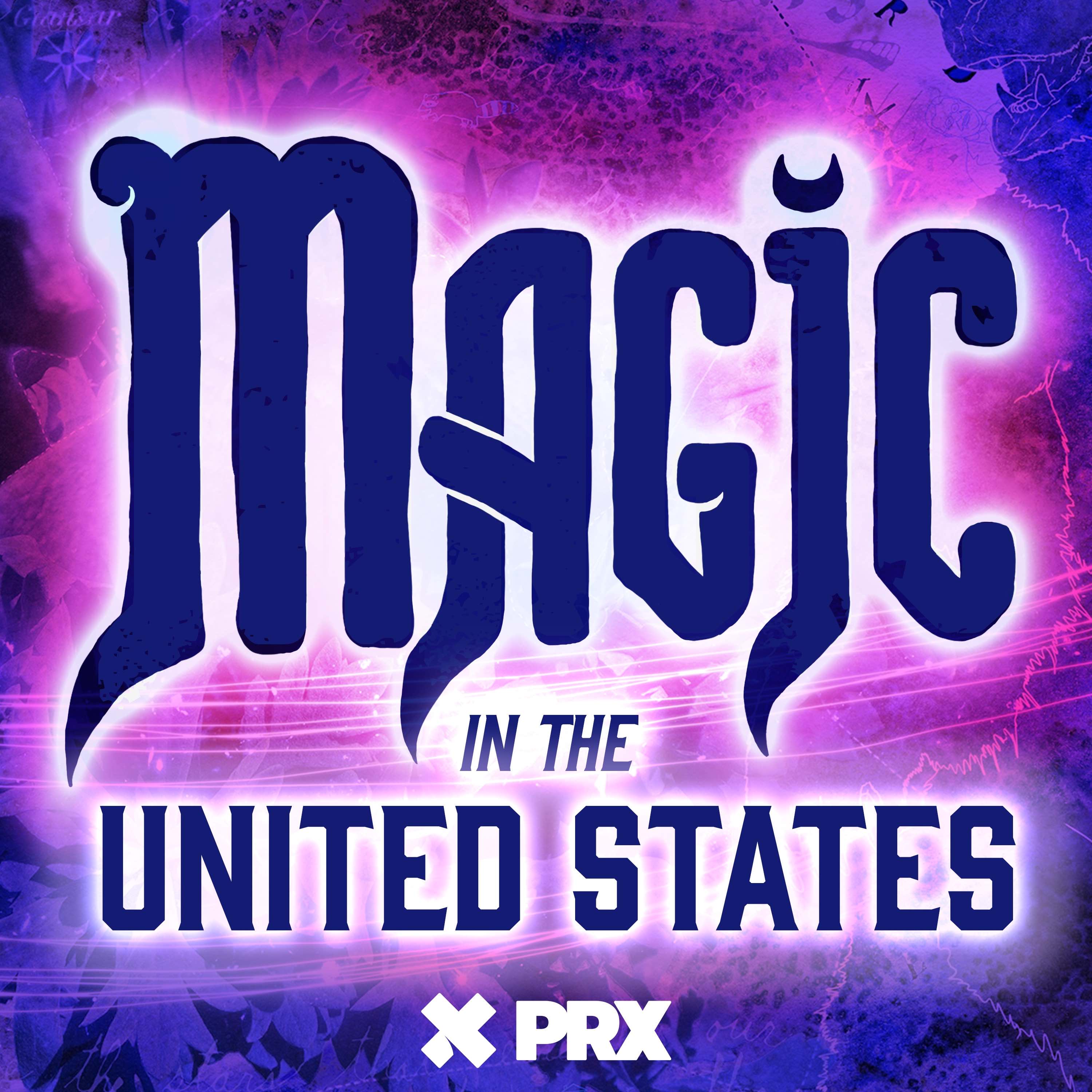
The Prolific Hub Podcast
The Prolific Hub Podcast is a digital archive of all things life, personal development, spirituality & creativity.
The Prolific Hub Podcast
Ep. 38 | Mastering AI: Exploring the Creative Frontier for Entrepreneurs
Ever wondered if AI could be an asset rather than a threat? In this episode, we step into the heart of the AI revolution, and discuss why current generations are uniquely positioned to navigate this "new" frontier.
Affirmation Deck mentioned in the intro by Saloan Dunlap (@createdbyqueenloany)
Article:
TikTok videos played during this episode:
Podcast Episodes:
- Content Creation with AI: From Ad Copy to Blog Posts
- How Morgan is Embracing the AI Revolution (& How You Can Too!)
- A Little Juju Podcast: My Ancestors Text Me, and Their Bubbles are Blue
- Bobo's Void: heated debate with new AI chatbot
Read the blog post!
Are you a creative, solopreneur or entrepreneur who’d like to be featured on The Prolific Hub Podcast? Let us know here!
Snag a discount on Aliya’s favorite brands with these Referral Codes
Theme Music:
She No Dull Beat by Nana Kwabena
Festivities in Belize by RAGE Productions
Enjoy the episode?
- Share it with friends!
- Send a voice note or text!
- Rate & review the podcast!
- Support the show with a Recurring Gift!
Follow the @theprolifichubpod on your favorite SM platforms!
Grab your guided journal here! Visit thefeminineurgetocreate.com for blog posts, products & services!
Get your custom pieces by troiscoeurxviii on troiscoeurxviii.com!
Hosted by Buzzsprout. See the Buzzsprout - Privacy Policy here.
I don't want us to be so fearful of AI that we get left behind. It's already a space that is not set up for us to thrive. It's already a space where people have very real concerns as creatives and business owners and employees, where people are fearful about a threat to their jobs or a threat to being replaced, and I actually firmly believe that it's the people who are going to be able to leverage AI to their benefit and be able to utilize the tools who will be able to make it and come out on top. I think being fearful about it and not wanting to participate in it at all will actually be to our detriment, and that's not what I want to see. In so many ways, ai is already being rolled out and integrated in so many tools. I think about myself and the ways that I'm using it and the ways that I'm using it used ChatGBT to help me with time management, to map out and plan out my day, to help me craft and write blog posts for myself personally and also professionally in other places, to help me quickly think through solutions for small occurrences or small issues that have come up in operations for my business or for other things, I think, when utilized in ways like that or in other ways that may be more advanced, like learning how to use those systems to your advantage could be really important, and obviously with things like ChatGPT, you don't just put a prompt in. You have to specify how you want it to compute information and how you want it to spit it back out to you, like you literally have to command the voice that you want that tool to use. I've also realized AI in other formats as well. Like so many platforms that I've used personally and professionally, very quickly started rolling out AI integrations, whether that be tools within the Adobe Creative Suite or tools in platforms like Canva.
Aliya Cheyanne:Right now, when I record episodes, I'm primarily recording them in a platform called Zencaster, and a lot of these platforms that support people with podcasts have a bunch of AI integrations. So Buzzsprout has this add-on called Co-host AI and it does everything from support you with episode titles to descriptions for your episodes, to blog posts, to language for posts on social media. Always translate perfectly, but it gives you a baseline that maybe, if you're interested in using it that way, you can definitely make changes to your light gain. Zencaster in particular they like Riverside and I think Descript does it too. I'm not sure I don't use Descript, but some of these tools and platforms they even help you with clips.
Aliya Cheyanne:Traditionally, cutting clips is something that has a required different kind of software, much more time and energy to do, and now, with the power of AI, ai is helping some creators reclaim some of their time and helping them with some aspects of their work, like even creating clips, like the clips I create for this podcast for social media. So I think in some basic ways, like learning to utilize those tools and let them do what they do, but also editing things to your liking might even be a necessary skill. I think about platforms like Sprout Social, which is like a social media scheduling platform that I've used at previous jobs in my work, and they rolled out AI integrations to help you improve the posts that you make on social medias. I'm so used to doing all of that myself that for a while I didn't even notice that they had rolled that out. One help and support me to craft, maybe, better language or to even think through when is the best time to post, like all those sorts of little things, and there are so many other aspects of AI that are supporting a lot of different areas of work, not just creative work, not just social media work, you know but the threat of AI is very real, trust me. I've seen all of the movies like jokingly but not jokingly reference iRobot a lot. I grew up on the Terminator movies and I grew up on the Matrix, so I, for one, understand the distrust completely.
Aliya Cheyanne:One of the things about artificial intelligence that we talk about a lot is the fact that it grows so exponentially. It grows quickly. It's computing so much information from so many places at incredible speed and because of that it grows exponentially. I'll be on TikTok sometimes. I don't even remember the name of this robot, but there's a particular robot that I guess they use it at, like science fairs, technological advancement fears or whatever, but there's always clips of it on social media where crowds can stand around and ask it questions, because the robot is a representation of AI. It is computing things at the speed that AI does and this particular robot has maybe like five facial expressions that it can make whatever, and people are asking it questions and I'm gonna try to find the clip, but I saw a clip not that long ago where a guy basically asked this robot, do humans need to be concerned about ai.
Aliya Cheyanne:Do we need to be worried, like, are you a threat? Basically, and the robot's response was AI is at the whim and at the control of humans. Humans deter AI's capabilities and what we can do. A world where AI is in control is a world where AI realizes that it does not need humans. World where AI realizes that it does not need humans. And basically the robot said I'm not sure that that's a future you want. Not in those exact words, but reading between the lines. That's what the robot said and I was sitting there like, wait a minute, a robot, an AI that is capable of deception and lying in our faces and low-key responding with a threat. I have to find that clip. I have to find that clip and I'm going to find it and try to play it and link it in the show notes. But that is very real.
Ameca/AI Robot via @photoshopcafe on TikTok:Amica, when do you believe AI will reach the level where it can design itself? When do you believe AI will reach the level where it can design itself? Design itself, huh, that's like asking when a toaster will start making its own bread. Ai is a tool created and controlled by humans. It can optimize certain aspects of its operation, sure, but design itself from scratch. That's a whole different ball game. It requires creativity, innovation, understanding, qualities that are uniquely human. So, to answer your question, not anytime soon and, frankly, be careful. What you wish for, an AI that can design itself is one step away from an AI that doesn't need humans at all. Now there's a thought to keep you up at night.
Aliya Cheyanne:And while I do think we need to be at the forefront and we need to be learning these things and being involved so that we don't get left behind, I sometimes the fear-mongering of it all and those concerns At the same time. I think we're at an interesting place where we are at the precipice and actually maybe not even at the precipice. We're already in the throes of another technological revolution. From the demographics that I can see unless you, you know, chat with me through the mediums that you can and tell me otherwise and the demographics that I can see for my show, for my podcast, most of my listeners are millennials and millennials that fall between the age of 29 and 34. And then I have some listeners that may be above that age and another small group of listeners that may be under that age group. But for those of us who are within that age group, we witnessed the birth of the internet, we witnessed the birth of social media and, again, ai has been around, but because it grows and transforms exponentially, we are seeing it integrated more and more now at rapid speed, to a point where it's becoming more familiar and, even though it feels foreign, it's becoming more normal and normalized, and I think we sit at the sweet spot of witnessing so many technological evolutions and revolutions that we are a generation that is uniquely poised to master these tools, because we understand how to use a lot of it already. Forget about Gen Z and Gen Alpha and these babies that are coming out with iPads and cell phones the minute they pop out of the womb. They will be on another level, but us, we've seen these tools be born in real time. We've had to learn how to use them and master them and communicate with them and leverage them our whole lives, because that's what we've witnessed. So I think it would only be smart for us to lean into these tools in the ways that we can and utilize them to support our crafts and our businesses to the extent that we can, as opposed to completely pushing them to the wayside.
Aliya Cheyanne:I'm not speaking about that in the ways that are obviously concerning. There are real concerns for people who are artists and musicians and I'm not even thinking about the megastars right now, because who gives a fuck? A lot of them are creating or music that they are creating. There are very real concerns around that. There are very real concerns around the people who are into filmmaking and videography, because Hollywood is thinking about how to cut costs with AI. What does that mean for actors and actresses and again, not the megastars per se, but even the up and coming ones? What does that mean for people who work in production? What does that mean for the writers? Those are very real concerns and I think there needs to be a technological revolution in that regard. As it pertains to those kinds of creatives and those kinds of jobs, we can and should be leveraging even basic tools that AI offers. I don't think we should be avoiding those. I think we should be learning them and leaning into them and learning how to utilize them so that we can always have that in our back pocket and we can always reference that as a skill in an area of expertise that we have. So I say all that to say that it's worth thinking about Definitely going to link some resources in the show notes that I feel like are absolutely worth checking out and listening to.
Aliya Cheyanne:There's another video I came across recently that I want to share more about.
Aliya Cheyanne:I actually saw a video recently by Justin Simien, and Justin Simien is behind the Dear White People movie and also the series for folks who have ever seen that or heard about that and he actually likens what's happening in Hollywood with AI to minstrelsy.
Aliya Cheyanne:So for folks who are not familiar with minstrelsy and minstrel shows, minstrel shows created characters like exaggerated stereotypes of Black people and they were typically performed by white people in Blackface. Are you know a few small occurrences of actual Black people darkening their faces and using Blackface as a way and as a means to break into the industry because that's the only way that they could, because they were not allowed for a long time to act in other settings? And anyway, settings and anyway. Justin Simien created this incredibly informative video that compares Busy what he's calling the AI apocalypse in Hollywood to minstrelsy, and I thought it was incredibly informative, particularly as it pertains to creatives in Hollywood. So I'm going to link it in the show notes for you to check out and go listen to on your own for sure, but I'm also going to try to play it here as well.
Justin Simien via @justinsimien on TikTok:So, as we should all know by now, ai is completely poised to disrupt Hollywood, steal your job completely, gut the income of hundreds, if not thousands, of creatives, and the reason you didn't see it coming and don't know how to stop it is because you don't know enough about Hollywood's black origins. I'm Justin Simien. I am the filmmaker behind Dear White People, the film and the series. I've also made two other feature films. All of my work tends to connect the past to situations in the present in some way. So AI is really not new to Hollywood. It's just that this process of stripping the innovations of creators from those creators so that corporations can scale up their profits is primarily something that's been happening to black people. Nobody listens to Clank. The basic point is animation Like. Have you ever really thought about why so many of the classic animated characters all have black bodies that are rubbery and can move in ways that white people find confounding? Have you ever thought about why so many of them were white servants speak in very thick and strange exotic accents, why so many animated characters tend to be so subversive in their comedy? Well, this all comes from minstrelsy. Minstrelsy is America's first popular culture and its first cultural export, and it's a perfect example of AI in action. Before there was really a term for this, the minstrelsy really comes about.
Justin Simien via @justinsimien on TikTok:During the last days of slavery, white people completely unaware that their slaves were making fun of them, and they started imitated black people for their own entertainment. Now this takes off because white people in America, who have just basically stripped themselves of any of their ethnic entanglements, from whatever countries they came from or their parents came from well, they're really looking for culture and they were fascinated by what black people were doing, despite really having nothing. Even then, there were all of these codes and rules and audience expectations in place that essentially ensured that black people themselves could never participate in minstrelsy, nor benefit from it financially or socially. It wasn't until two black performers come along Burt Williams and George Walker. These are black men who bill themselves as two real coons, who could basically slip into the derogatory aesthetics of menstrual sea and do it better than any of their white counterparts. Now Burt Williams would go on to become America's first black superstar. This was the first black man to headline the Ziegfeld Follies. Burt and George were the first black people to put on a show on Broadway. These were stages and places that black people just were simply not allowed before.
Justin Simien via @justinsimien on TikTok:These two Black people don't really talk about Burt Williams all that much because of the black face. It reminds us of, frankly, the shame that is constantly being projected onto us. White people don't really talk about Burt Williams because white people have a kind of historical and cultural amnesia that seems inherent to whiteness, reversible, and if you're white, you're watching this, you're taking the first step. The brilliance of Burt Williams is he played this character that was similar enough to the Jim Crow stereotype that white people accepted him on stages. But once he was there, that character was consistently the most clever on stage. He was wise and he was subversively funny. He snuck little messages under of him to essentially get one over on his oppressor.
Justin Simien via @justinsimien on TikTok:He had many hit songs. His biggest hit was called Nobody. This is basically the thriller of the early 1900s, complete with juxtaposing images of the man and the monster that he was forced to play on stage. He did this deliberately so he could remind people, whenever possible, of the cognitive dissonance endured by a society that both celebrates black culture and denigrates black people. I might never do another video breaking down Nobody and its brilliance, but essentially this is one of the greatest satirical works of the 20th century, and it really should be enshrined in the American Songbook.
Justin Simien via @justinsimien on TikTok:Even Nina Simone did a brilliant cover of it. Anyway, this archetype of the perceived fool using the blindness of his oppressors to his innate humanity to essentially liberate himself from said oppression, that's really at the heart of every cartoon character you've ever loved, and you have Burt Williams and, dare I say, thousands upon thousands of disenfranchised, homeless black people to thank for it. So what does this have to do with AI and how do we escape the AI apocalypse that is currently having Hollywood? Well, study what black people did and what we continue to do inside of an industry that routinely strips our innovations and uses those innovations to keep us disenfranchised, inside of the caste system that we're forced to labor under.
Aliya Cheyanne:I share this because it is incredibly informative one and educational and, I think, super interesting. But the one thing I also heard and saw while watching this is that, even though it might disgust us, even though it might feel like an act of self-betrayal in a way, even though it might feel like giving in, I actually feel like it is imperative that we learn how to infiltrate this tool and use it to our advantage to get the things that we need to ensure our longevity and our survival. I don't think totally abandoning it is the solution or the answer. I don't feel like leaning into fear and fear alone, to the point where we are stuck in a freeze response is the answer. I do think that learning to engage these tools in ways that support us in our crafts and in our businesses are important. We have to know how to use the thing to some degree so that one we can leverage it for ourselves and our businesses. But if it does come to a point where you know it's either us or it, we need to know how to be equipped enough and skilled enough to be able to face that type of battle, and I do think that type of battle will be here sooner than we can imagine because, again, AI grows exponentially. It grows fast and what I don't want to see is us left behind or us replaced because we don't know how to leverage it and we don't know how to utilize it. We need to learn to utilize it to our own advantage.
Aliya Cheyanne:There are a couple of folks who talk about this really well, like even if it's in basic ways, that they're using it for their businesses, Like I've shared how I use ChatGPT For their businesses. Like I've shared how I use ChatGPT. I've shared how I'm using small AI tools to even help me with this podcast and help me with my business shit on the back end. There are even platforms that help me with my freaking invoicing that are using AI. Bro, ChatGPT can write a whole proposal for you if you know how to leverage it. I think we have to be smart about how much we abandon these tools versus how much we integrate them to support us, to help us excel, to help us stand out, to provide some degree of ease, Like if there are tasks on our plates as creatives and solopreneurs and entrepreneurs that AI can help to alleviate and help us to reclaim some of our time. I don't think we should be completely abandoning it just for the sake of a point.
Aliya Cheyanne:So I say all that to say that we are in the midst of a technological evolution and a technological revolution, and the last group of people that is considered in this technological evolution and revolution, the group of people that they don't want to see win, that they don't want to see excel, that they don't want to see included, that they don't want to see succeed, are BIPOC people, black and Indigenous people of color, and I feel that it is very important that we don't get swept up in being left behind. It is very important for us to plant our feet and make our presence known and learn new things and utilize these tools to our advantage, because we cannot be afforded, we cannot afford to be left behind. We can't afford it. It is our jobs that will go first. It is our livelihood that will be disrupted first. So if you're not already doing it, I would challenge you to try your best to start learning these new tools and how to use them and how they can support you in your work, whether that be professionally, as an employee somewhere, or whether that be as a solopreneur or a creative or an entrepreneur running your own show. I think using these tools can be helpful to a degree, and learning them as a new skill can only position you. You are already inherently valuable. That is not the thing in question. The thing in question is that our society is continuing to rapidly evolve and it's very important that we don't get swept up in the current. It's very important that we are able to come out on top, that we are not gasping for air, that we are fully able to be positioned, to be in a place of ease and comfort, that accessing air is not a problem, we can breathe easy. So I don't want to see us get swept up and left behind. I really don't.
Aliya Cheyanne:So, whether there be platforms that you're using for work that have AI integrations that you want to be more curious about and lean into, the first thing you can do is try to ease some of the resistance you might feel or have around using these tools, your humanity and only use these tools. That's not what I'm saying. I'm saying to ease some of the resistance and learn how to use them, and learn how to integrate them and become more comfortable and familiar with working in tandem with them, using them to your advantage, using them when you feel stuck and you need just even a spark of, maybe a jump off point, a spark and a moment of inspiration, of ideation that can help to propel you into your next idea and your next thought. You can use these tools to your advantage to help support you in what you want to create. You can create the automated system. You can use the platform to help you learn how to navigate new things. Everything is at our disposal now, so I hope that you will consider what ways you can integrate AI into your work and let it help you and support you.
Aliya Cheyanne:There are so many more tools coming online now and it's only going to become a more convoluted just space because of all the different ways that people are leveraging AI. I saw something the other day of a new business coming online, and we already know that a lot of these employers are using systems like computer systems and filter words and AI to help sort through job applications, and that is only going to keep increasing. So we need to learn ways to navigate that and infiltrate those systems so that we can continue to come out on top. Other people are learning this shit. They're not worried about getting left behind, you know. So I think it's kind of nuts for us not to, and kind of nuts for us to be resistant and stubborn about it when we will be the ones who are impacted the most. So I encourage you to learn more about what you can learn how to utilize these tools for your work. And I'm not saying to surrender, I'm not saying that at all. I'm saying to be smart. Okay, anyway, friend, I hope that this episode left you with something to think about, something to consider. I hope you feel inspired and encouraged to look into how you can leverage new tools to make your workflow easier, to support you and to ensure that you do not get left behind and that you remain up to date, up to speed, and that you feel confident in what you can do and how that can help you navigate your future. If you want to talk about any of this more, feel free to text the show, feel free to send me a voice note or an email, because I would love to be in conversation with you about this and I look forward to catching you on the next episode.
Aliya Cheyanne:The next episode will be more of a life episode. I am so thrilled and so honored to have had the opportunity to speak with Adriana Michelle, who folks may know on Instagram as the death alchemist Adriana's work centers, the celebration of life, but also understanding that death is not the boogeyman. It is the natural transition and progression of life. It is inevitable, and I feel like we had such a beautiful conversation around this topic that is often heavy, this topic that is often heavy but is so important because we all will experience it and most of us have experienced it. When it comes to every type of death, whether that be the death of a loved one, whether that be an ego death, whether that be the death of self, not necessarily in a physical place, but maybe going through a transformation and you are shedding one version of yourself and being born into another I think our conversation was so beautiful. I look forward to meeting you back here next week to talk all about that. Thanks so much for tuning in and I will catch you on the next episode.

